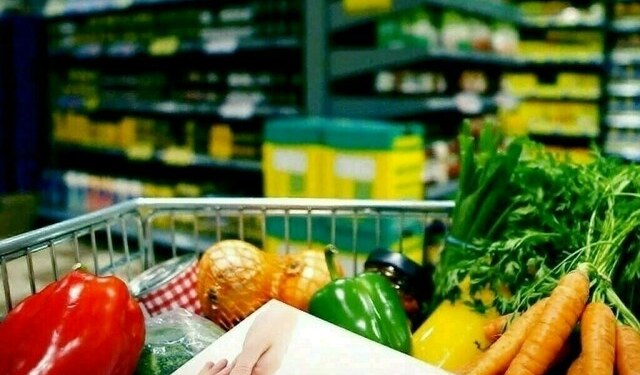London — The European Commission’s push to promote the recyclability of plastics in Europe will need to entail global action, voluntary commitments by industry and crucial investments, the EC’s director general for environment said Thursday.
Speaking at the Identiplast conference in London, Daniel Calleja Crespo said Europe could not tackle the problem of global plastic pollution alone.
As such, the EC launched a circular economy agreement with China. The agreement foresees joint Sino-European cooperation in the area of plastics recycling and allows European participants to engage with Chinese stakeholders and discuss the issue of common standards for plastics waste and recycling in the future.
Voluntary pledges by industry participants continue to be part of reaching the EC’s goals. So far, Calleja said, 60 pledges have been received by the EC, including a voluntary commitment from PlasticsEurope, a trade association for manufacturers, to eliminate plastics entering landfills by 2025.
If all of the pledges are adhered to, 11 million mt of recycled plastic could be supplied to the market by 2025, Calleja said. However, Calleja stressed the need for industry players to promote demand for recycled plastics as it would only account for 6.5 million mt as of now.
The EC will also provide additional investments as part of Horizon 2020 for the plastics sector.
Calleja said Eur100 million will be invested by 2020 to provide resources for researching and implementing innovative recycling technologies such as chemical recycling and refine mechanical recycling technologies.
In December 2015, the EC unveiled a strategy that included 54 measures to deal with eco-design, waste management and recycling amongst other things to move from a linear economic model composed of production, consumption and disposal, to a more efficient closed and circular economic model for the European plastics industry.
The strategy foresees that by 2030 all plastic packaging in the market should be reusable or recyclable, and that polyethylene terephthalate bottles and beverage bottles contain 25% and 30% of recycled plastic by 2025, respectively.
This vision would enable companies to reduce their raw material costs, with a total of Eur600 million expected to be saved at the continent-wide level, Calleja said.
“If we are able to recycle more, we develop more economic opportunities,” he said.
However, there still remains a long way to go to reach the EU’s zero plastic waste goal.
“Less than 30% of plastic waste is collected for recycling. Landfilling and incineration rates of plastic waste remain high, at 31% and 39%, respectively. We use plastic products for far too short a time compared to the investment made to produce them,” Calleja said Thursday.
The push for recyclability will continue as the EC promotes environmentally sustainable policies.
“It takes five seconds to produce a plastic bag, five minutes to use it, five centuries to get it absorbed by the environment. We need to change this,” Calleja said.
–Leon Izbicki, [email protected]
–Lara Berton, [email protected]
–Maria Tsay, [email protected]
–Edited by Keiron Greenhalgh, [email protected]
Source: S&P Global Platts


























